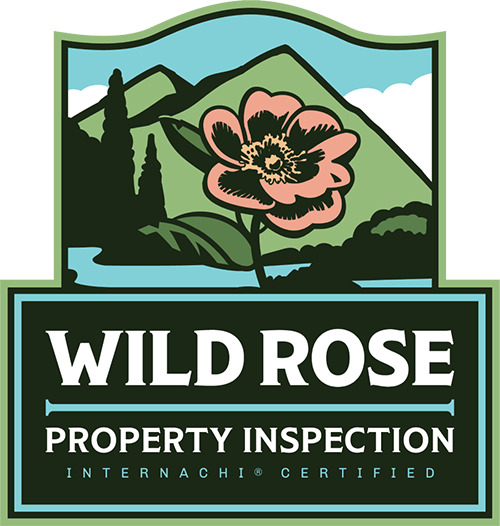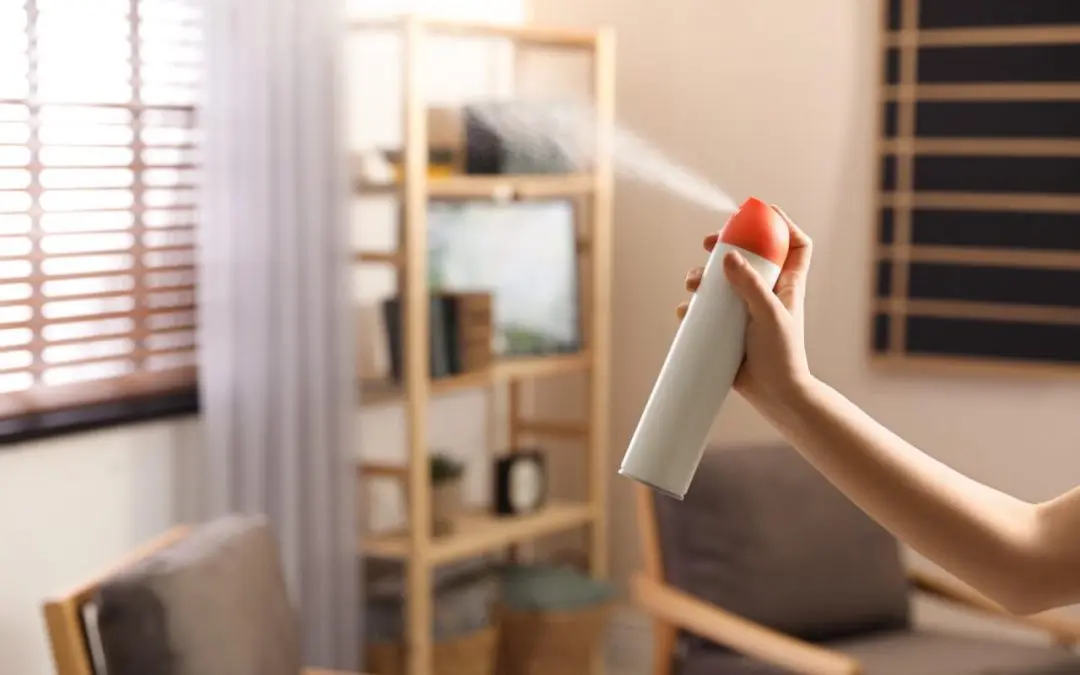It can be frustrating to walk through the door after a long day to be greeted by an unpleasant smell. Even worse, it’s not always easy to figure out the source. Here are a few tips to identify unpleasant odors in the home. You’ll need to determine the cause to remedy the situation.
Understanding Household Odors
Before searching for the source of the smell, it’s helpful to understand odors in your home may be caused by a variety of things. Here are a few of the common culprits. By pinpointing the general category of odor you’re dealing with, you can trace it to its origin more efficiently.
- Mold and mildew are fungi that thrive in moist environments and can produce a musty, earthy stink.
- Decomposing garbage and leftover food can emit a range of foul odors.
- Smoke can leave a lasting, unpleasant aroma from cigarettes or a recent kitchen mishap.
- Pets offer companionship and joy but can also contribute to household smells.
- Sewer gases, plumbing issues, and standing water may cause bad scents.
- Some household chemicals and cleaning products give off strong odors that may be perceived as unpleasant.
Steps to Identify Unpleasant Odors
When you notice an unwanted smell in your living spaces, here are a few pointers to determine the source of the odor.
Investigate for Mold and Dampness
Mold and mildew contribute to a musty, damp smell and can harm your health. Look for signs of water damage, plumbing leaks, or condensation. Pay special attention to areas like basements, bathrooms, and under sinks.
Check Your Trash and Recycling Bins
Sometimes, the simple answer is the correct one. Check the garbage bin and make sure the trash has been taken out. Look for decomposing food that could have fallen behind the garbage bin or the appliances.
Examine the HVAC System to Identify Unpleasant Odors
Heating, ventilation, and air conditioning systems can circulate odors throughout your home. Replace filters regularly; if a smell persists, inspect the ductwork.
Inspect the Plumbing
A dry P-trap in the plumbing can release sewer gas into your home, while clogged drains can cause odors. Pour water down rarely used drains and clean a blocked drain to alleviate these smells.
Identify Unpleasant Odors: Monitor Pet Areas
Regularly clean the pet bedding, litter boxes, toys, collars, and leashes. Older pets may have accidents, so check for hidden areas they may have soiled.
Be Cautious With Chemicals
Some cleaning products or DIY pest control solutions have odors that linger and smell stronger than expected. Ventilate your space by opening windows and using exhaust fans when using these products.
A fresh-smelling home is more pleasant and indicates a healthy living environment. Stay alert to odors in your living spaces and take action when you detect something unusual.
FAQs
How often should I inspect and maintain my HVAC system to prevent it from circulating odors throughout my home?
It’s recommended to inspect and maintain your HVAC system at least twice a year, ideally before the start of the heating and cooling seasons. Hire a professional to inspect the unit and make repairs as needed.
What are proactive measures to prevent household odors?
Proactive measures to prevent or minimize household odors include:
- Proper waste management by regularly emptying trash bins, cleaning garbage disposals, and disposing of food waste properly.
- Establishing a regular cleaning routine for all areas, including floors, surfaces, appliances, and frequently used items.
- Using odor-absorbing materials such as baking soda, activated charcoal, or natural air purifiers neutralizes odors and improves indoor air quality.
Are there signs that my HVAC system is contributing to unpleasant smells?
Yes. Signs that your HVAC system may be contributing to unpleasant smells include musty or moldy odors when running, inconsistent airflow, visible mold growth around vents or ducts, and a noticeable increase in dust or allergens in your home.
Are there health risks associated with prolonged exposure to certain household odors, and can I protect myself and my family from these risks?
Exposure to certain odors, such as those from mold, mildew, and chemical cleaning products, can contribute to respiratory issues, allergies, headaches, and worsening of existing health conditions. To protect yourself and your family, address the root cause of the odors promptly, improve ventilation in your home to reduce indoor air pollutants, use eco-friendly and non-toxic cleaning products, and use air purifiers or HVAC filters designed to remove airborne contaminants. Sewer gas in your living spaces is also toxic to breathe.
Can I repair plumbing leaks myself, or should I call a professional?
Whether you should repair plumbing leaks yourself or call a professional depends on the severity of the leak and your expertise in plumbing repairs. For minor leaks, such as a dripping faucet or a small pipe leak, you can handle the repair yourself if you have basic plumbing skills and tools. When facing a significant leak, such as burst pipes, major appliance leaks, or leaks that involve the main water supply line, it’s best to call a plumber. Attempting to repair complex issues without the knowledge and experience can lead to further damage and costly repairs.
Wild Rose Property Inspection provides home inspections to homebuyers and sellers in the Alberta area. Contact us to schedule an appointment for our services.

